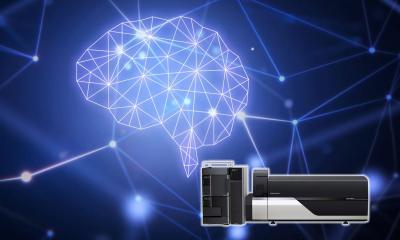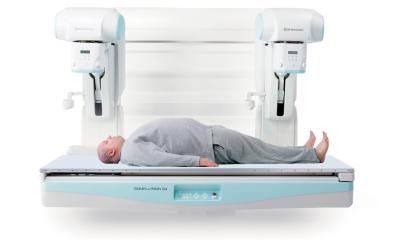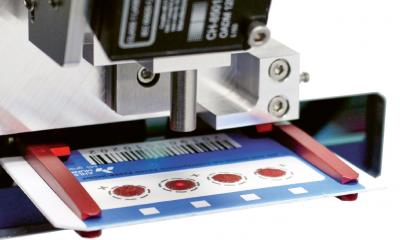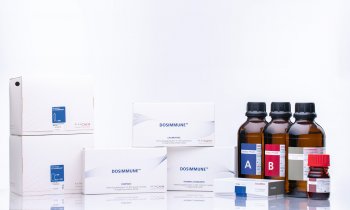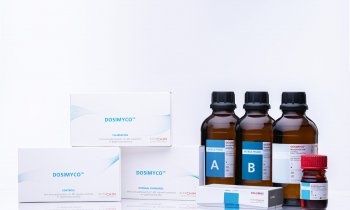Interview • Liquid chromatography-mass spectrometry
Increasing productivity and throughput in the lab
Liquid chromatography-mass spectrometry (LC-MS) has become a highly valued procedure in state-of-the-art laboratories – among them the Dr. Wisplinghoff Laboratory in Cologne, which adopted the method a decade ago.
Interview: Walter Depner
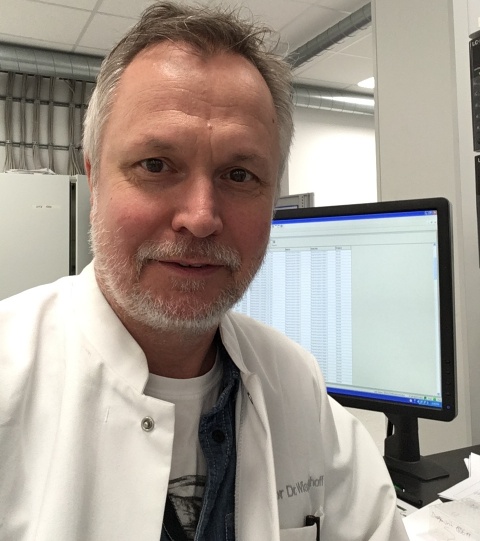
In its forty years, the organisation has provided physicians with the entire clinically relevant analysis spectrum of laboratory medicine, pathology, transfusion medicine as well as human genetics, and employs more than forty specialists in these fields. ‘We support our practicing colleagues through valid findings so that they can provide optimum care,’ the laboratory’s founder Dr Uta Wisplinghoff points out. When European Hospital interviewed chemist Dr Lars Kröner, who leads the department of clinical and forensic toxicology and drug analysis at Dr. Wisplinghoff, he spoke of the company’s involvement with and future applications of LC-MS.
In a hospital lab, the team knows the structures of the institution, its departments and facilities. While even in such a setting you never know which and how many samples will arrive on any given day, you do have an idea about the volume and the type of work your lab will face. In a non-hospital lab, the situation is entirely different: with thousands of clients, you never know what you have to expect. Does this make your daily work more difficult?
Dr Lars Kröner: 'No. While there are seasonal variations, we are well prepared for anything that comes in.'
How do you manage pre-analytics – a critical workflow component? Do you have fixed time slots when you accept orders or do you react spontaneously and flexibly?
‘At this point we do not provide a 24/7 LC-MS service. Pre-analytics is largely defined by the stability of the analyte. Cooled samples are analysed upon arrival. Emergency tests, such as examining urine samples for drugs, and samples with time-critical parameters, such as immunosuppressants, or amiodarone, or drug tests in capillary blood or urine in substitution patients are handled as soon as possible and definitely on the same day.'
When did you begin to use LC-MS in your lab and what is its value?
‘We introduced LC-MS in our lab in 2008, pretty much exactly ten years ago. From the very beginning we developed our own methods, primarily in the context of psychopharmaceuticals and drug abuse. Later, we also included hormones and metabolic products. The added value is, above all, that we can offer new kinds of analyses, which previously we had to outsource.
Since we have been using HPLC-UV/VIS methods and ELISA tests with LC-MS we have recorded improved precision and an increase in throughput. Moreover, our own developments reduce price per piece as compared to commercially available kits and assays.’
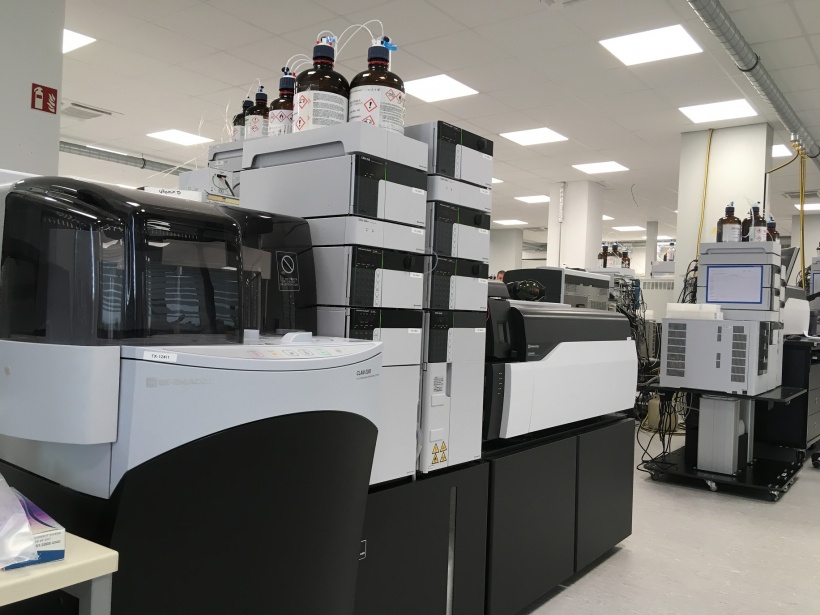
In your lab, which samples or analyses are most frequent?
‘This is clearly the detection of hormones such as calcifediol and steroids, but also TDM and drugs from capillary blood, blood, serum, urine and hair. With regard to LC-MS/MS at this point we solely use triple quads, two of them as hybrids with a linear ion trap, Otrap. The ion trap allows us to obtain structural information even in low concentrations. Triple quads offer high sensitivity and a larger dynamic range for exact quantification while being tolerant in terms of matrix interferences. Short analysis cycles enable high sample throughput.’
Which MS methods, such as sector field, quadropole or TOF, does your lab use?
‘Tandem mass spectrometry with triple quad and single quad with ICP-MS and GC-MS.’
Which instrument configurations do you use?
‘For LC-MS/MS we work with Sciex and Shimadzu, i.e. normally four pumps for online extraction; for GC-MS and GC-MS/MS we use Shimadzu, for ICP-MS we use PerkinElmer.'
Which parameters does your lab determine today with LC-MS and what are your plans for the future?
‘Currently we use LC-MS primarily to detect active ingredients in medication such as psychopharmaceuticals, antiepileptic medication or immunosuppressants; hormones such as calcifediol and steroids; and drugs, both for forensic and clinical purposes from capillary blood, blood, serum, urine and hair.
Interesting future parameters concern pharmaceuticals where a closer TDM, i.e. minimum blocking level, might be advantageous, for example in antibiotics; other areas are biomarkers, for example with regard to the thyroid, but also drugs in alternative samples. Sputum and breathing air might also be possible. Last, but not least, there is forensic toxicology – to diagnose driving ability, for example. Our lab is leading in terms of capillary blood.’
How did the team handle the transition to a more chemical/technical way of working?
‘No problem at all; the team received the usual LC-MS training. Some colleagues were also trained in areas such as equipment maintenance or development and validation of methods.’
Profile:
Following graduation, chemist Dr Lars Kröner became a research assistant in the forensic toxicology departments of Bonn and Cologne forensic medicine institutes. In 2008, he was appointed head of the department of clinical and forensic toxicology and drug analysis at the Dr. Wisplinghoff Laboratory in Cologne, Germany.
22.06.2018



